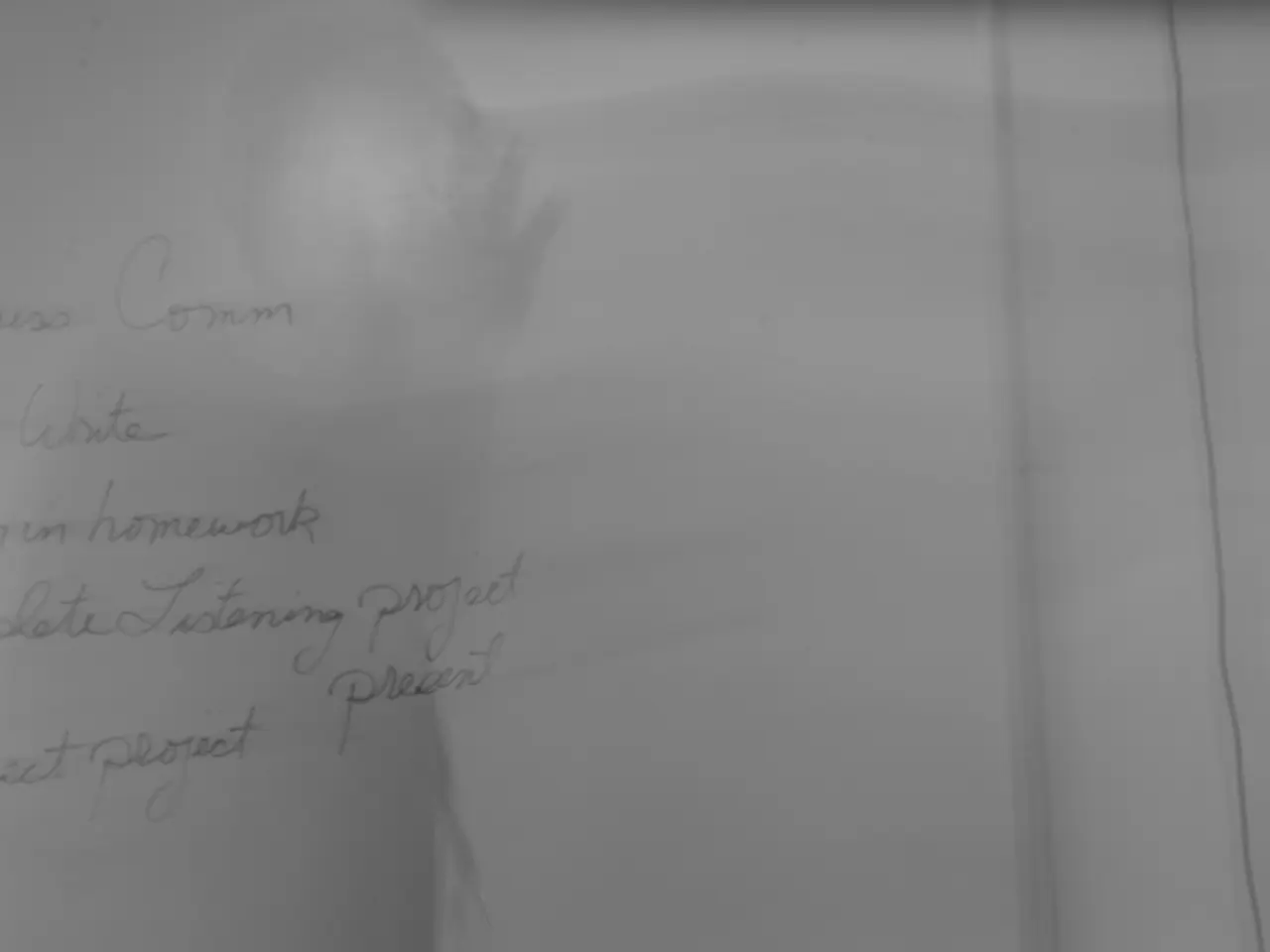Controversial Disagreement Escalates over Debating Electricity Taxation
Germany's ruling Grand Coalition (CDU/CSU and SPD) is embroiled in a contentious dispute over the reduction of electricity taxes for consumers, a promise made in the coalition agreement that has yet to be implemented due to budgetary constraints and political disagreements.
At the heart of the debate is a pledge to reduce electricity tax for every household by at least five cents per kilowatt-hour, a measure aimed at lowering the high electricity prices in Germany, which rank among the highest in Europe. However, Finance Minister Lars Klingbeil (SPD) has not included reductions for households in the 2022, 2025, and 2026 budget drafts. Instead, only selected sectors such as manufacturing, agriculture, and forestry are set to receive tax relief.
The government cites the high cost of extending tax relief to households—estimated at around €5.4 billion—as a major barrier, leading to the decision to exclude consumers from the tax cut to preserve fiscal responsibility. This selective approach has led to criticism from businesses and consumer advocates, who accuse the government of breaching trust and "tearing the rug out from under companies" and households by not fulfilling the coalition promise.
Electricity prices remain high for consumers, with taxes and levies accounting for about 32% of the total cost, so the failure to reduce the tax burdens significantly for consumers costs an average household around 200 euros annually in missed savings.
The CDU (Christian Democrats) has proposed a compromise to achieve a universal electricity tax reduction by reallocating funds. Specifically, CDU suggests cutting subsidies for heat pumps—amounting to roughly 16 billion euros in 2026—to free up budget resources for lowering electricity taxes for all consumers. This proposal reflects ongoing tensions within the coalition, as Finance Minister Klingbeil and Chancellor Friedrich Merz have so far agreed not to extend relief to households due to budgetary limitations, but the CDU is pushing for a solution that aligns with the original coalition promise.
The dispute remains unresolved but is a significant political issue, with public criticism and internal coalition negotiations expected to continue as they seek a viable fiscal path to reduce electricity costs for consumers without jeopardizing other budget priorities. The associations have sent letters to Energy Minister Katherina Reiche of the CDU, Finance Minister Lars Klingbeil of the SPD, and respective faction leaders, demanding a reduction in the tax for all consumer groups.
Christian Dürr, the new chairman of the FDP, has criticised Chancellor Friedrich Merz for appearing to be a pawn of his own ranks in the power tax relief discussion. The power tax dispute within the German coalition is causing disagreements, reminiscent of the squabbles in the traffic light coalition. The dispute is escalating into a national discussion in Germany, as it approaches the Coalition Committee.
The German Retail Federation and the Association of the German Automotive Industry are among the interest groups involved in the debate, advocating for a power tax reduction for all consumers. The German Trade Union Confederation (DGB) and various economic associations are united in demanding a power tax reduction for all consumer groups, which could save families €29 a year.
As the power tax dispute unfolds, the public and key stakeholders are watching closely to see how the Grand Coalition will address this issue and deliver on their promise to lower electricity taxes for consumers in Germany.
- The Commission, alongside the ongoing debate about electricity taxes, has been asked to submit a proposal for a directive on the protection of the environment, considering the concerns from various sectors, including industry, finance, politics, and general news, due to the potential impact of the tax reductions on budgetary constraints and environmental sustainability.
- Businesses and consumer advocates, while criticizing the government's selective approach in providing tax relief, have also called for the Commission to thoroughly consider the indirect effects of electricity tax reductions on the economy, especially on issues like energy efficiency, industrial competitiveness, and household affordability.




